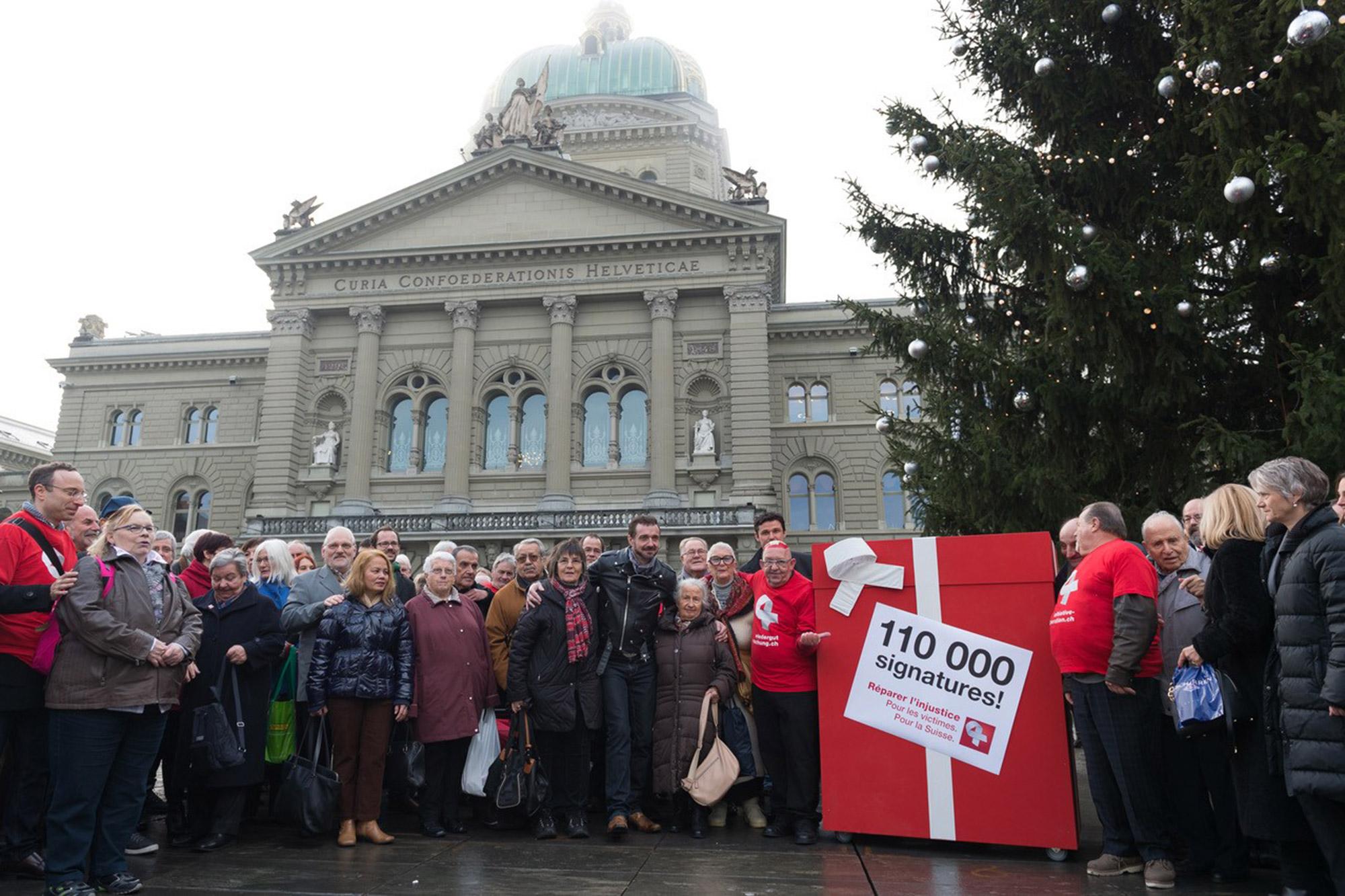Child Placements in Switzerland: Victim Narratives and Memory Work

The official recognition of historic injustices committed in the context of compulsory social measures and child placements in Switzerland has triggered public debates over how best to recognise the sufferings of the victims. Victims of these measures have played an important role in debates over compensation, and ensured greater visibility of this episode of recent Swiss history.
Project description (completed research project)
The compulsory social measures and child placements in Switzerland have caused individual trauma for their victims. They have also started a process of collective 'memory work' in the form of critical debates over fundamental political themes such as the relationship between citizens and the State, social injustices, and compensation of past wrongs. This study analyses the very important role which victims of these measures have played in this process. We examine the ways in which they have managed to make their voices heard, and ask which voices or issues have not been heard, or been given less prominence in media and political debates (2000–2017). Firstly, we study these questions at a national level, through interviews with key actors of this process (representatives of victim organisations, politicians, etc.). Secondly, we make comparisons with similar memory work (and silences) in other national contexts: the UK, Canada and Australia.
Results
The summary of the results for this project are available here:
Original title
Victim narratives, ‘memory work’ and the remaking of Swiss national identity: a discourse analysis of the memorialisation of compulsory social measures and placements in Switzerland in comparative perspective.
